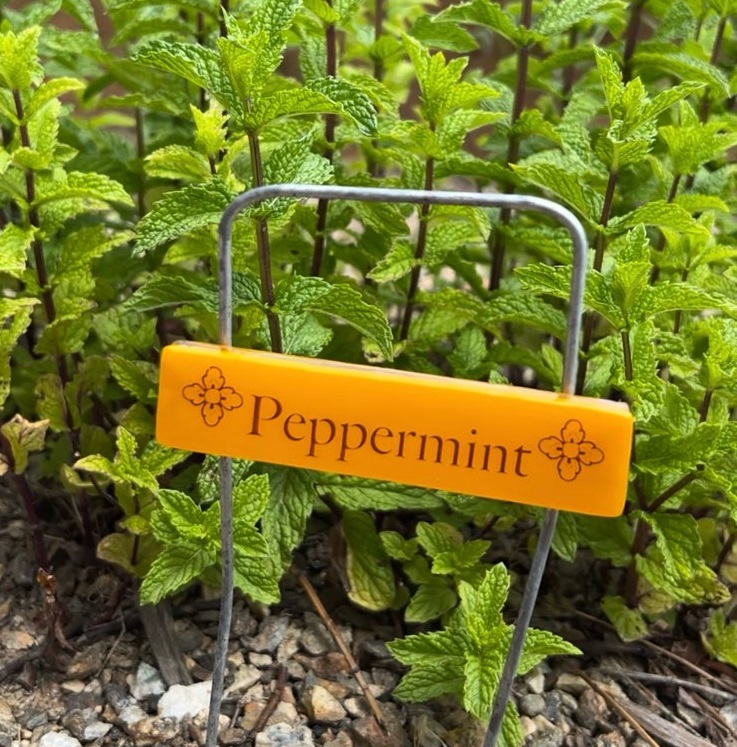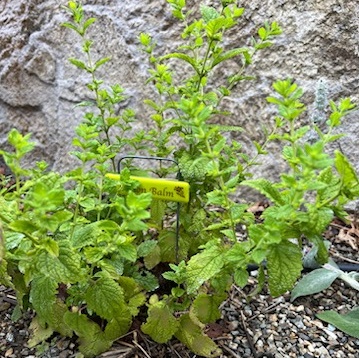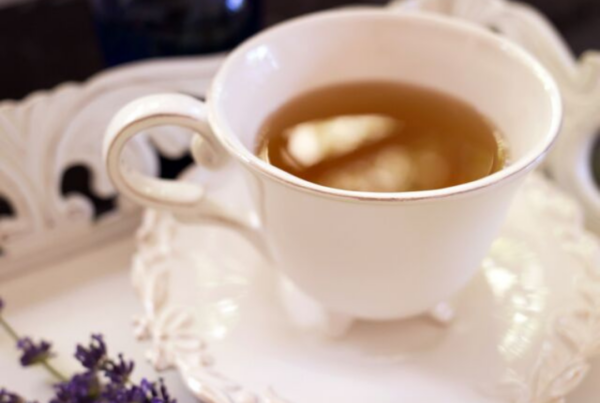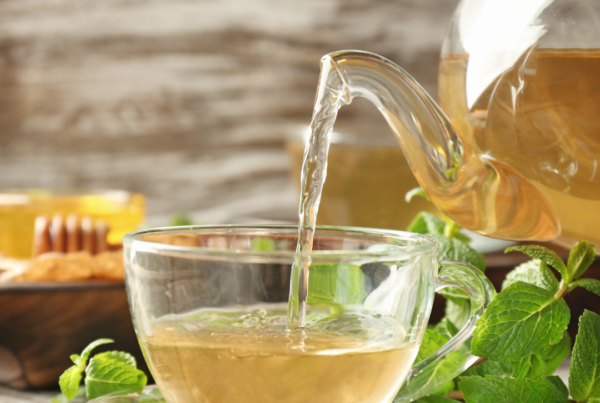In the quest for optimal health and wellness, nature provides a wealth of remedies that have been cherished for centuries. Among these treasures are healing herbs, revered for their therapeutic properties and ability to promote overall well-being. In this article, we’ll delve into the world of herbal medicine and explore ten of the most potent herbs known for their healing properties. From calming chamomile to immune-boosting echinacea, these herbs offer a natural way to support vitality and holistic wellness.
1. Chamomile: Known for its gentle sedative properties, chamomile is a beloved herb renowned for its ability to promote relaxation and ease stress. Chamomile tea is a popular remedy for insomnia, anxiety, and digestive discomfort. Its anti-inflammatory properties also make it beneficial for soothing skin irritation and promoting overall skin health.

2. Echinacea: A powerhouse herb for immune support, echinacea is prized for its ability to strengthen the body’s natural defenses against infections and illnesses. Rich in antioxidants and immune-boosting compounds, echinacea stimulates the production of white blood cells and enhances overall immune function. It is often used to prevent and alleviate symptoms of the common cold and flu.
3. Lavender: With its calming aroma and soothing properties, lavender is a versatile herb that offers numerous health benefits. Lavender essential oil is prized for its stress-relieving effects and can help promote relaxation, reduce anxiety, and improve sleep quality. It also has antiseptic and anti-inflammatory properties, making it beneficial for skin care and wound healing.
4. Peppermint: Peppermint is a refreshing herb known for its cooling and digestive properties. Peppermint tea is often used to alleviate digestive discomfort, such as bloating, gas, and indigestion. Its natural menthol content also provides relief from headaches, sinus congestion, and nausea. Peppermint essential oil can be used topically to soothe sore muscles and relieve tension.

5. Ginger: A potent herb with a long history of medicinal use, ginger is prized for its anti-inflammatory, digestive, and immune-boosting properties. Ginger tea is commonly used to alleviate nausea, motion sickness, and digestive issues. Its warming effects also make it beneficial for improving circulation, reducing muscle pain, and supporting overall immune health.
6. Turmeric: Renowned for its vibrant golden hue and potent anti-inflammatory properties, turmeric is a staple in traditional Ayurvedic medicine. Curcumin, the active compound in turmeric, has powerful antioxidant and anti-inflammatory effects that can help reduce inflammation, support joint health, and boost immunity. Turmeric is often used to alleviate symptoms of arthritis, promote heart health, and support cognitive function.
7. Holy Basil (Tulsi): Widely revered in Ayurvedic medicine, holy basil, also known as tulsi, is considered a sacred herb with powerful adaptogenic properties. Holy basil helps the body adapt to stress, balance hormones, and support overall well-being. It is also prized for its antimicrobial, anti-inflammatory, and antioxidant properties, making it beneficial for immune support, respiratory health, and digestive function.
8. Ginseng: Known as the “king of herbs” in traditional Chinese medicine, ginseng is prized for its adaptogenic properties and ability to enhance vitality and resilience. Ginseng helps improve energy levels, reduce fatigue, and enhance cognitive function. It is also used to support adrenal health, balance hormones, and promote overall longevity and vitality.
9. Lemon Balm: Lemon balm is a calming herb with mild sedative properties that can help promote relaxation and alleviate anxiety. It is often used to improve sleep quality, ease digestive discomfort, and uplift mood. Lemon balm tea is a popular remedy for stress relief and can be enjoyed throughout the day to promote a sense of calm and well-being.

10. Valerian Root: Valerian root is a potent herb prized for its sedative and sleep-inducing properties. It is commonly used to promote relaxation, alleviate insomnia, and improve sleep quality. Valerian root is believed to work by increasing levels of gamma-aminobutyric acid (GABA), a neurotransmitter that helps regulate mood and promote relaxation. It is often used in herbal sleep remedies and relaxation blends.
Incorporating healing herbs into your daily routine can be a simple and effective way to support overall wellness and vitality. Whether enjoyed as a soothing tea, used in aromatherapy, or taken as a supplement, these ten healing herbs offer a natural approach to health and well-being. By harnessing the power of nature’s remedies, you can nourish your body, calm your mind, and cultivate a sense of balance and harmony in your life.




